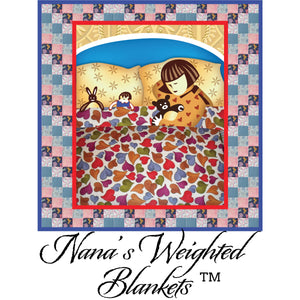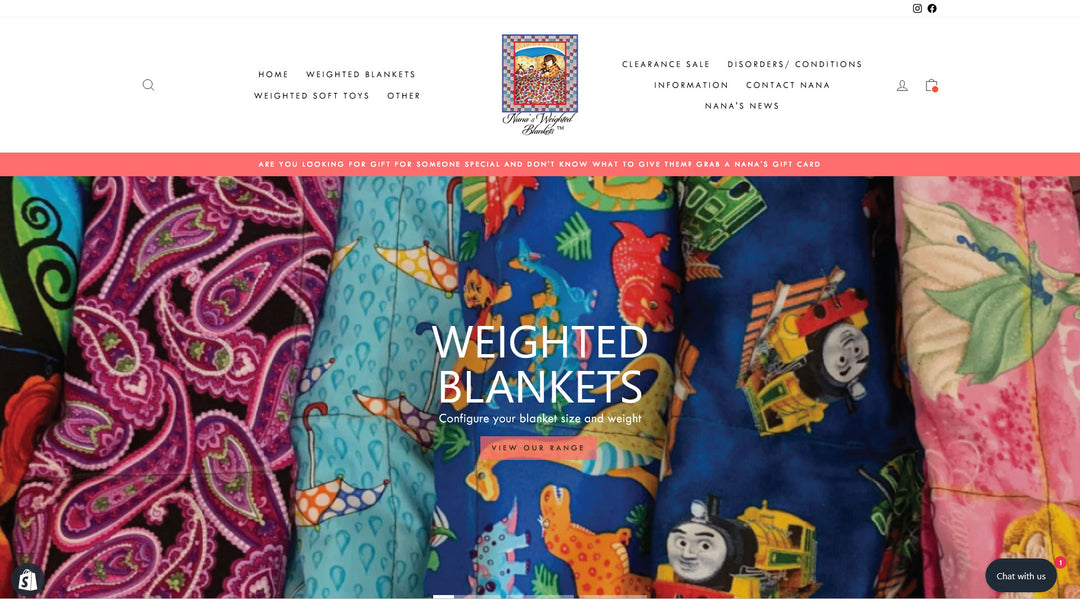The Benefits of Weighted Toys in Medical and Care Settings: Comfort, Calm, and Companionship
1. Promoting Calm and Reducing Anxiety
Weighted toys have a grounding effect that can help ease anxiety and stress, which are common in medical environments. The gentle weight of these toys activates the body’s parasympathetic nervous system, promoting the release of serotonin, a “feel-good” neurotransmitter. This release supports relaxation and calmness, which is especially beneficial for patients who may be facing surgery, medical treatments, or are simply dealing with the unfamiliar environment of a hospital. In palliative care, where comfort and serenity are paramount, these toys provide a gentle, non-invasive way to help patients manage stress and rest more easily.2. Providing Sensory and Tactile Comfort
Weighted toys are especially valuable for individuals with sensory processing challenges, which are common among both younger patients and elderly residents. The weight of these toys offers sensory input that helps regulate the body’s response to stimuli, making them ideal for individuals who feel overwhelmed by bright lights, noise, or the overall sensory experience of a medical setting. In a hospital school or pediatric ward, these toys can be used to help children with autism or sensory processing disorders feel more secure, supporting them as they navigate an unfamiliar and sometimes intimidating environment.3. Supporting Emotional and Psychological Well-Being
Medical and care environments can often feel isolating, particularly for individuals who are away from home and loved ones. Weighted toys provide companionship and comfort, making patients feel less alone. This emotional connection can be especially beneficial for elderly residents in retirement villages and palliative care settings, where these toys can help reduce feelings of loneliness. For children in hospital settings, weighted toys offer comfort and can even be used to “explain” medical procedures by demonstrating on the toy, which can make treatments feel less scary and more manageable.4. Encouraging Positive Engagement and Connection
In retirement villages or palliative care environments, weighted toys can also encourage social interaction and positive engagement. They can become a focal point for conversations, activities, or storytelling, sparking memories or creating a shared experience. For residents with dementia or Alzheimer’s disease, weighted toys can provide a sense of purpose, as they can be held, cuddled, and cared for. This interaction helps improve mood, encourages gentle movement, and provides residents with a comforting routine, all of which support emotional health.5. Offering Pain Relief and Distraction
The gentle weight of these toys also offers a form of pain relief through deep touch pressure, similar to a comforting hand on the shoulder. For patients experiencing chronic pain or discomfort, the grounding weight can offer mild relief and distraction, redirecting their focus from pain to the sensation of the toy. In hospital settings, this makes weighted toys useful during procedures, as they can help children and adults alike feel more at ease.
Considerations for Use in Medical Settings
In medical and care settings, it’s essential to choose high-quality, easy-to-clean weighted toys made from non-toxic materials to ensure safety and hygiene. Additionally, care providers should guide the use of these toys and monitor their impact, particularly for elderly or young patients who may need supervision.











